Best Diet For A Soccer Player – Complete Guide (2025)
If you want to learn the best diet for a soccer player – this is for you.
As one of the most physically demanding sports, soccer players need to fuel their bodies with a healthy and balanced diet to perform at their best on the field.
The right nutrition can help soccer players maintain energy levels, improve endurance, and enhance recovery after intense training and games.
In this article, we’ll explore the best diet for a soccer player, including what foods to eat and avoid, how much to eat, and the essential nutrients to include in a soccer player’s diet.
So, whether you’re a seasoned player or just starting out, let’s take a closer look at what diet you should have for optimal performance on the field.
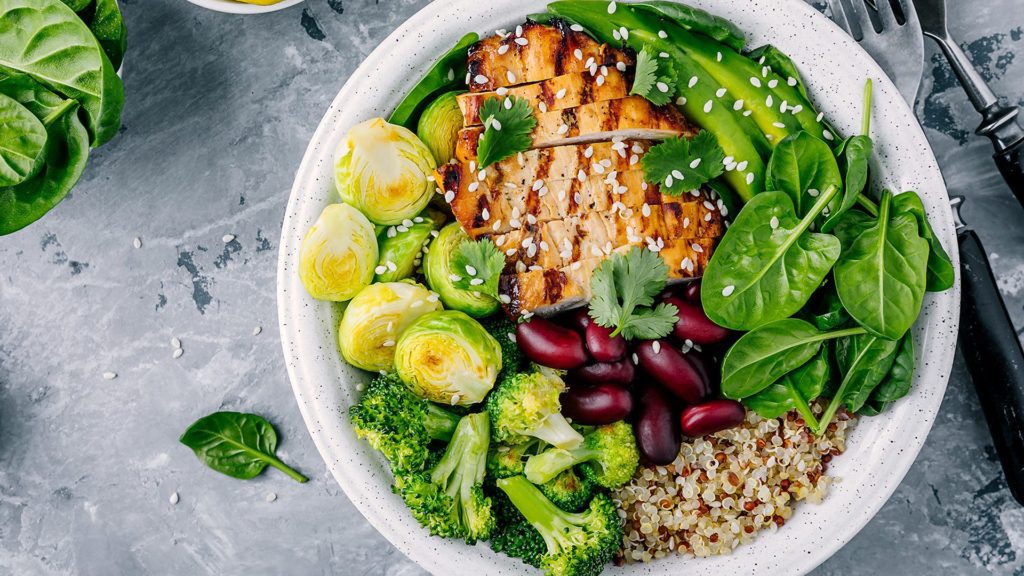
Best Diet For A Soccer Player
In this article I will answer the following questions for you:
1. What is the Best Diet for a Soccer Player?
- Importance of a balanced diet for optimal performance
- Recommended daily calorie intake for soccer players
- Macronutrient ratios for a soccer player’s diet (carbohydrates, protein, fat)
2. How Can I Lose Weight Fast for Soccer?
- Importance of a healthy and sustainable approach to weight loss
- Recommended strategies for losing weight without sacrificing performance
3. What Foods Should Soccer Players Avoid?
- Overview of foods that can negatively impact performance, including processed and high-fat foods, sugary drinks, and alcohol
4. What Do Pros Eat Before a Soccer Game?
- Overview of pre-game nutrition strategies for soccer players, including timing, macronutrient balance, and hydration
Let’s get into it!
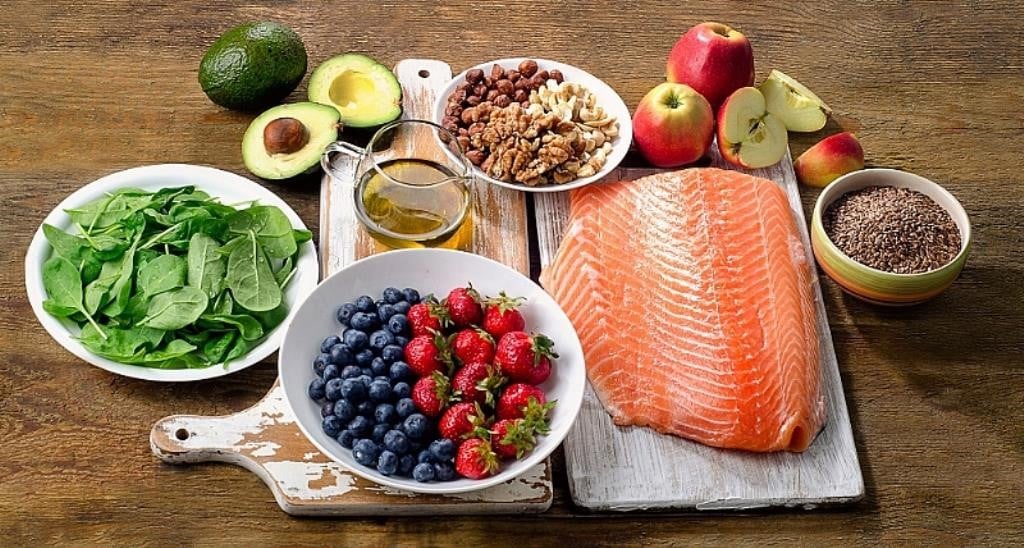
What Diet Should A Soccer Player Have
What is the Best Diet for a Soccer Player?
A. Importance of a Balanced Diet for Optimal Performance
To perform at their best, soccer players need to fuel their bodies with a balanced and nutrient-dense diet. A diet rich in fruits, vegetables, whole grains, lean proteins, and healthy fats can help improve energy levels, reduce the risk of injury, and enhance recovery after training and games.
A balanced diet also ensures that soccer players get the essential vitamins and minerals needed to maintain strong bones, support muscle function, and boost the immune system.
B. Recommended Daily Calorie Intake for Soccer Players
Soccer players have high energy requirements due to the intense physical demands of the sport. The recommended daily calorie intake for male soccer players is around 2,500-3,000 calories, while female soccer players should aim for around 2,000-2,500 calories per day.
However, these calorie needs can vary depending on factors such as age, weight, height, and activity level.
C. Macronutrient Ratios for a Soccer Player’s Diet
A soccer player’s diet should consist of a balance of macronutrients, including carbohydrates, protein, and fat. Carbohydrates are the primary source of fuel for soccer players, providing energy for high-intensity activities such as sprints and jumps.
Protein is essential for repairing and building muscle tissue, which is important for strength and endurance. Fat is also important for providing energy and supporting cell function.
The recommended macronutrient ratios for a soccer player’s diet are approximately 45-65% carbohydrates, 10-35% protein, and 20-35% fat. However, these ratios may vary depending on individual goals and preferences.
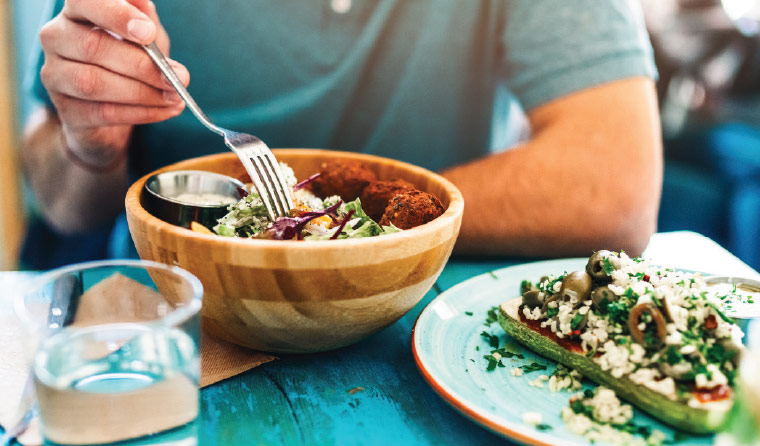
What Should Soccer Players Eat
How Can I Lose Weight Fast for Soccer?
While losing weight may be necessary for some soccer players, it’s important to approach weight loss in a healthy and sustainable way to avoid negative impacts on performance.
Crash diets and extreme calorie restrictions can lead to muscle loss, fatigue, and decreased endurance, ultimately hindering a soccer player’s ability to perform on the field.
Instead, a good diet for a soccer player looking to lose weight should focus on a moderate calorie deficit and a balance of nutrients to support energy levels and muscle repair.
Additionally, incorporating strength training and other forms of exercise can help maintain muscle mass and support healthy weight loss.
It’s also important to avoid fad diets and quick-fix weight loss products, as they often lack essential nutrients and can be detrimental to overall health.
A registered dietitian can help soccer players develop a personalized nutrition plan that supports their weight loss goals while maintaining optimal performance on the field.
Overall, a good diet for a soccer player looking to lose weight should prioritize a moderate calorie deficit, balanced nutrient intake, and sustainable lifestyle changes to support long-term success both on and off the field.

What Foods Should Soccer Players Avoid
As important as it is to eat the right foods, it’s equally important to avoid the wrong ones. Soccer players should avoid processed and high-fat foods, as they can negatively impact performance.
These types of foods can lead to sluggishness, fatigue, and a decrease in energy levels, all of which can have a negative impact on a soccer player’s game.
Instead, soccer players should focus on consuming nutrient-dense whole foods, such as fruits, vegetables, lean proteins, and whole grains.
In addition to avoiding processed and high-fat foods, soccer players should also steer clear of sugary drinks and alcohol. Sugary drinks can cause a rapid increase in blood sugar levels, followed by a rapid drop, leading to a crash in energy levels.
Similarly, alcohol can dehydrate the body, leading to decreased performance and an increased risk of injury. Instead, soccer players should opt for water, which will keep them hydrated and alert on the field.
By avoiding these types of foods and drinks, soccer players can ensure that their body is getting the right fuel to perform at its best.
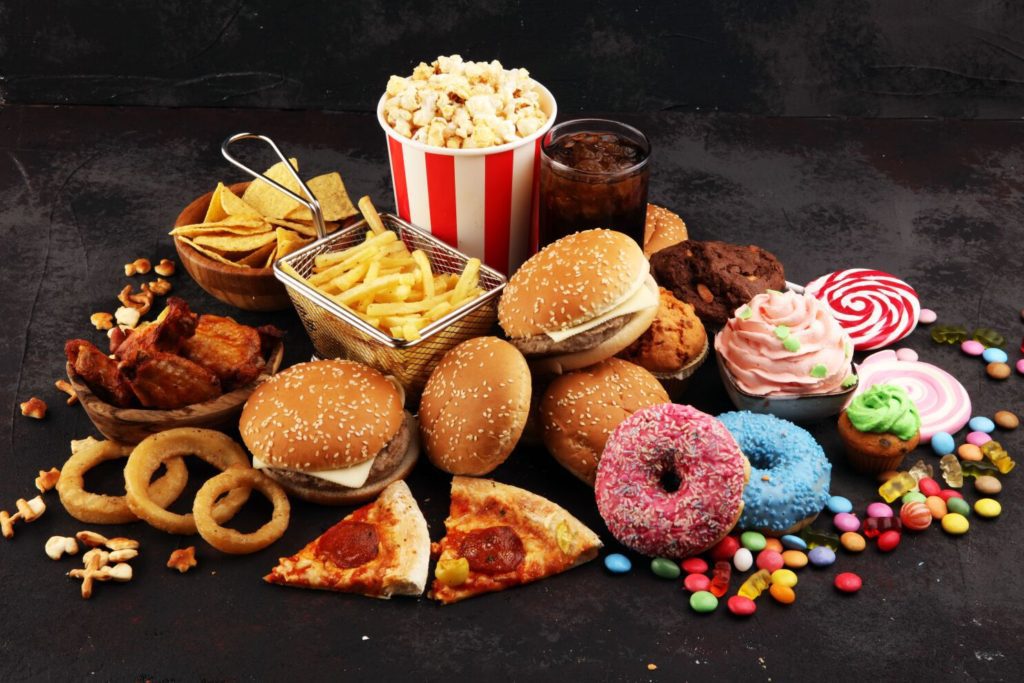
What To Eat Before Soccer Games
What Do Pros Eat Before a Soccer Game?
Professional soccer players have access to some of the best nutritionists and dieticians in the world, and their pre-game nutrition strategies can help inform your own routine.
Some examples of pre-game meals and snacks that are commonly consumed by professional soccer players include:
- Oatmeal with banana and honey
- Greek yogurt with fruit and granola
- Turkey sandwich on whole grain bread with avocado and tomato
- Chicken and vegetable stir-fry with brown rice
- Fruit smoothie with protein powder
It’s important to experiment with different foods and timing to find what works best for you, as everyone’s body is different. Eating a meal or snack 2-3 hours before the game can allow for proper digestion and absorption of nutrients.
However, if you only have 30 minutes to an hour before the game, choose something that is easily digestible (smoothie or fruit).
Remember, proper nutrition is key for optimal performance on the soccer field. By following a healthy and balanced diet, and fueling your body before and after games and practices, you can give yourself the best chance to perform at your best.

Best Diet For Soccer Players
In this video where we’ll be discussing the importance of nutrition for soccer players and what foods they should be eating to perform at their best.
As a soccer player, you’re constantly pushing your body to its limits, both physically and mentally.In order to perform at your peak, you need to fuel your body with the right nutrients and in the right amounts.
In this video, we’ll be providing you with tips and advice on what to eat and drink before, during, and after games to optimize your performance and help you recover faster.
Watch this video (and make the necessary adjustments for your own preferences)…
Diet For A Soccer Player (EXAMPLE)
In conclusion, the best diet for a soccer player is one that provides a balance of macronutrients and meets their individual calorie needs.
It’s important to prioritize whole, nutrient-dense foods and avoid processed, high-fat, and sugary options that can negatively impact performance.
Remember to eat frequent, well-balanced meals throughout the day and stay hydrated to support your body’s needs. By fueling your body with the right foods, you can optimize your performance on the field and improve your overall health.
So, if you’re wondering what diet you should have as a soccer player, focus on nourishing your body with the best possible foods to help you achieve your goals.
ONLINE SOCCER TRAINING
Want to become a better soccer player?
Watch this 3-minute video about discovering your true potential
Learn how to improve your skills, mindset, soccer IQ, and fitness—no matter your level. Start playing with confidence, earning respect, and impressing coaches today.
About Coach Dylan
I used to struggle with confidence in soccer, feeling slow, weak, and unmotivated. Coaches overlooked me, and friends made fun of my skills. At one point, I even quit.
But I decided to take control of my development. Through hard work, I transformed my game, earned league titles, awards, a college scholarship, and international caps.
Now, I share my lessons and help others improve through my YouTube channel (1/2 million subscribers), soccer coaching and personal training.
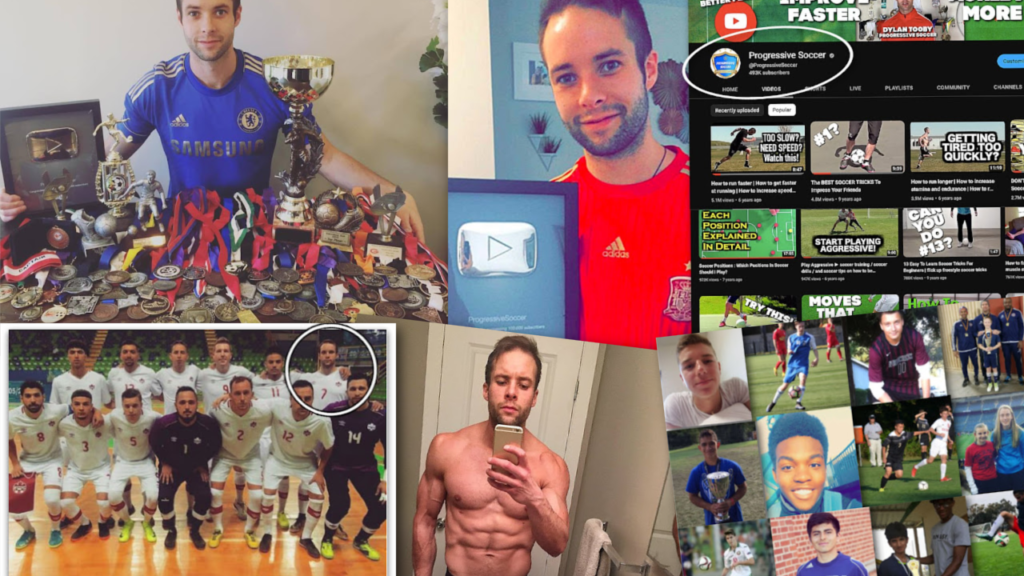
How To Play Soccer Better
Struggling to make progress in soccer or stay organized with your training?
The Soccer Success Planner will help you stay focused, motivated, and increase your chances of achieving your goals in soccer.
Success doesn’t happen accidentally. Use it to set clear goals, create a plan of action, and take control of your future. Learn more about the Soccer Success Planner.
How To Become A Better Soccer Player
Struggling to improve in soccer or unsure how to train effectively? Want to stand out and earn respect from teammates and coaches?
The Online Soccer Academy will get you better results in less time.
Thousands of players have already transformed their game in just 60 days. Learn more about how the online soccer academy.

Related Posts
Here are some related posts to help you gain more knowledge and helpful advice:
Diet of a soccer player
What should soccer players eat
Should soccer players take creatine
What to eat before soccer games
Pre game soccer meal guide
Check out these additional resource for more information on this topic:
1. How to get in shape for soccer
2. Complete guide to soccer nutrition
3. What a soccer player diet needs
